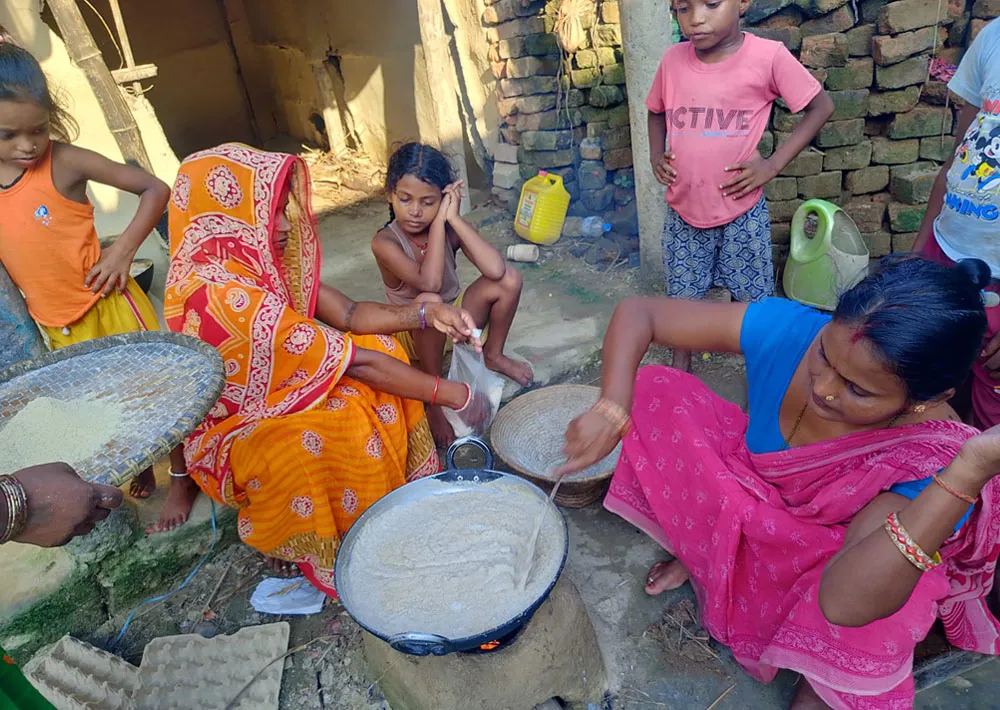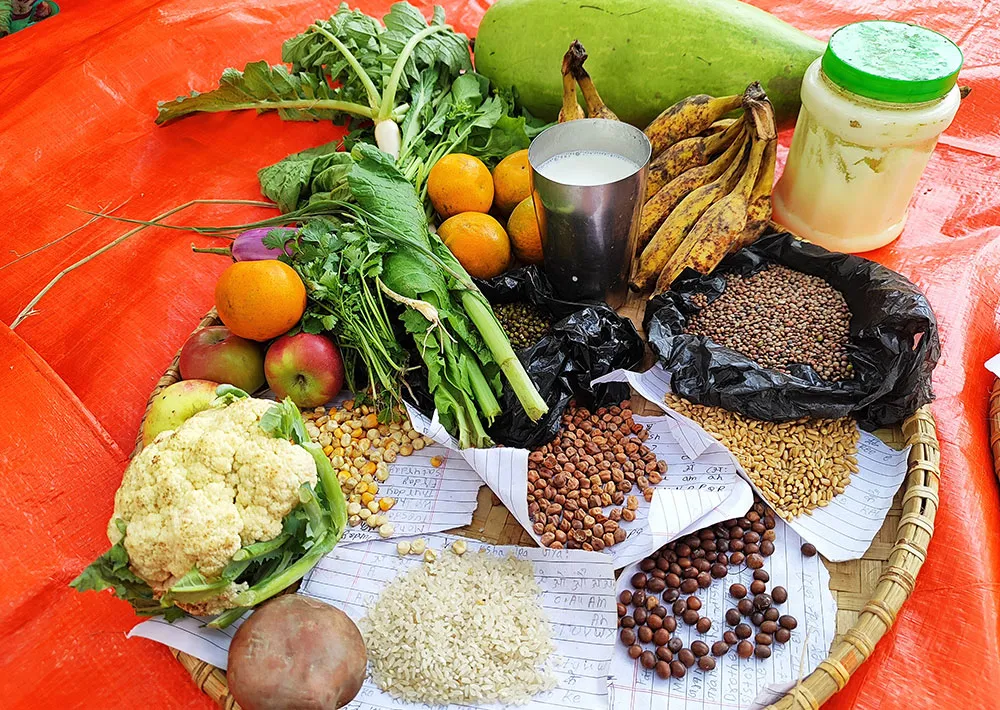Addressing malnutrition among mothers and children in Nepal
While Nepal has experienced significant progress on improving the nutritional status of mothers and children, the situation, particularly for the most vulnerable populations, remains critical. According to the 2022 Demographic and Health Survey, an average of 25% of children under five years old are stunted (too short for their age) while child wasting (weighing too little for height) averages 8%, though can be as high as 19% depending on the location and time of year.
Undernutrition is more prevalent among vulnerable and marginalized populations, such as ethnic minority communities. One of the causes for these high malnutrition rates is poor child feeding practices with only 56% of children exclusively breastfed for the first six months of age. Anemia, a key risk factor affecting health and child growth, affects 43% of children under five and 34% of mothers.
Nepal has strong policies for supporting national health and nutrition goals, including the Multi-Sectoral Nutrition Plan III and the National Nutrition Policy. However, local health facilities lack physical and financial resources.
Health personnel, including Female Community Health Volunteers who work directly with households and communities, lack proper skills or training opportunities. Community Health Mother Groups, established by local governments as a mechanism for nutrition and health education and screening, are mostly inactive, thus slowing one of the approaches for referring children with malnutrition and monitoring child growth. These issues contribute to a lack of confidence in health and nutrition services.


